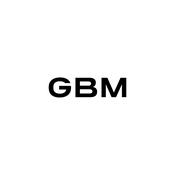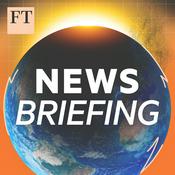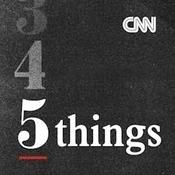1348 episodios
- The US dollar has remained weaker, but has not declined significantly further. The dollar is not likely to lose reserve status overnight. However, the decline of the US internationally and international investors’ questions over key issues like rule of law mean it is losing market share. Moreover, as trade stagnates (and may retreat), reserve status becomes less important. International investors are not likely to flounce out of dollar assets in a dramatic exit, but may be less interested in accumulating additional dollar holdings.
- With Davos in the rear-view, the next FOMC meeting just days away, and Q4 earnings underway, Jason drops by to discuss what’s on investors’ minds and what markets are pricing in. Plus, a look at the latest investment outlook and allocation recommendations from CIO, per the February UBS House View. Featured is Jason Draho, Head of Asset Allocation Americas, UBS Chief Investment Office. Host: Daniel Cassidy
- Tune in at the start of the trading week ahead of the New York opening bell as Ulrike Hoffmann-Burchardi, CIO Americas and Head of Global Equities for UBS Wealth Management, briefs you on what’s the signal, and what’s just noise in the markets. Recorded on 25 January 2026.
- The UBS Women and health reports examines the gender health gap - what it is, and how it affects women’s lives and financial wellbeing. We discuss these topics and highlight the rapid growth over the last few years in awareness around women’s health and in the startup scene of companies try¬ing to provide solutions. Featured is Marianna Mamou, Head of Advice Beyond Investing, UBS Chief Investment Office. Host: Daniel Cassidy
- Shane returns to share some reflections on President Trump’s policy remarks at the World Economic Forum in Davos, Switzerland, this week. This includes a look at where the Trump administration’s pursuit of Greenland stands, and what next-steps could look like in terms of negotiations with Denmark and the broader European Union. Plus, a look at where efforts stand on Capitol Hill to avoid a partial shutdown of the U.S. government. Featured is Shane Lieberman, Senior Governmental Affairs Advisor, Governmental Affairs US. Host: Daniel Cassidy
Más podcasts de Noticias
Podcasts a la moda de Noticias
Acerca de UBS On-Air: Market Moves
UBS On-Air: Market Moves brings you beyond the highs and lows of the ticker, with conversations that can broaden your thinking about market behavior
Sitio web del podcastEscucha UBS On-Air: Market Moves, El Noti y muchos más podcasts de todo el mundo con la aplicación de radio.net

Descarga la app gratuita: radio.net
- Añadir radios y podcasts a favoritos
- Transmisión por Wi-Fi y Bluetooth
- Carplay & Android Auto compatible
- Muchas otras funciones de la app
Descarga la app gratuita: radio.net
- Añadir radios y podcasts a favoritos
- Transmisión por Wi-Fi y Bluetooth
- Carplay & Android Auto compatible
- Muchas otras funciones de la app


UBS On-Air: Market Moves
Escanea el código,
Descarga la app,
Escucha.
Descarga la app,
Escucha.








































